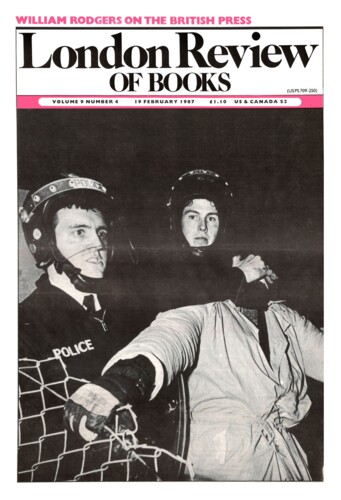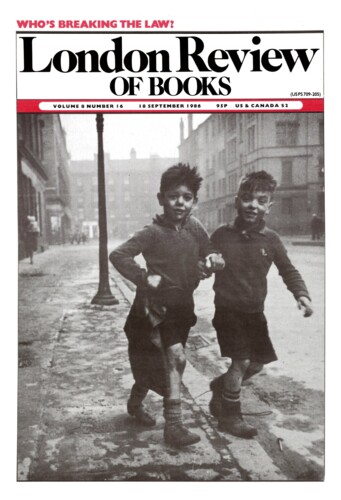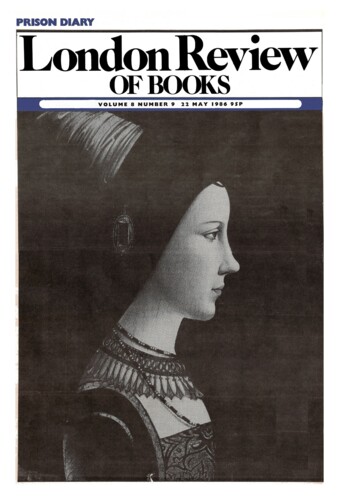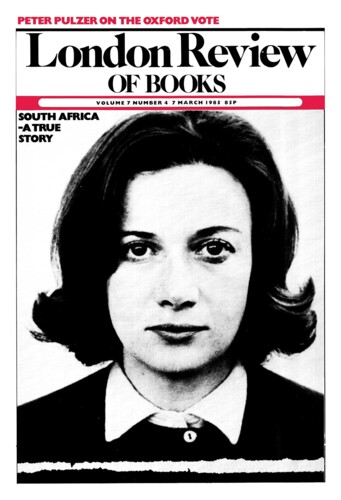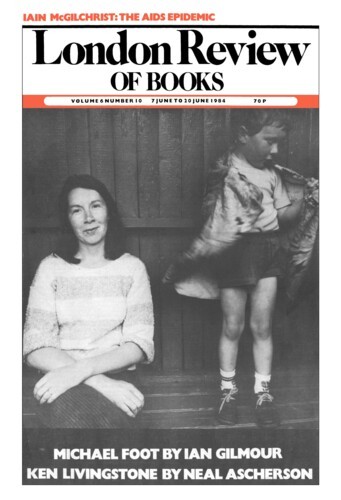Touchez-pas à mon de Gaulle
Douglas Johnson, 19 February 1987
‘La France Libre,’ de Gaulle wrote to Jean Marin, who’d been his companion in London from the summer of 1940 and was now the Director of the Agence France-Presse, ‘that was the finest thing we ever did.’ He believed this. Many of his closest associates believed it too. But as the leader of la France Libre (and la France Combattante), de Gaulle was hardly a free man. Dependent on British money, controlled in his utterances by the Foreign Office and the BBC, at the mercy of a hundred intrigues and rumours, watched by the critical and grudgingly admiring Churchill and by the hostile and non-comprehending Roosevelt, de Gaulle was forced to fight battles which were not of his choosing and usually far removed from his own more grandiose preoccupations. The man who defined his objectives by consulting the globe rather than a mere atlas was too often reduced to scrutinising an agenda that had been prepared by British civil servants. It was only in 1958 when he was elected President of the new Fifth Republic that he was able to exercise a power and to enjoy a prestige that were free both from the supervisions of foreign governments and the constraining confusions of the Liberation. It is true that he continued to see his legitimacy as deriving as much from the achievements of June 1940, when he carried with him to London both the sovereignty and the honour of France, as from the vote of 21 December 1958 when a restricted electorate chose him as President. It is true, too, that when he took up residence in the Elysée Palace in January 1959 (he would have preferred Vincennes, Versailles or the Invalides, anywhere on the Left Bank, because, he said, ‘you don’t make history in the eighth arrondissement’), he brought with him those who had been his companions in London or who had followed him in the unsuccessful adventure of the Rassemblement du Peuple Français, men such as Geoffroy de Courcel, Pierre Lefranc, Jacques Foccart or François Flohic. The Fifth Republic was not to be a resuscitation of the headquarters of Carlton Gardens or the Rue de Solférino, however. De Gaulle surrounded himself with what were for him new men, some of them products of the recently-created Ecole Nationale d’ Administration. In spite of a pessimism that was both innate and a natural reflection of the fact that he was now 68 (‘I’m ten years too old,’ he used to say and he was constantly haunted by the spectre of the senile Pétain), he created the machinery for a new and lasting type of Presidency. He established the role of the President under the new constitution and he indicated the part that France would play in Europe and the rest of the world. It is these impressive and significant years which Jean Lacouture now describes.
